Now that we have an entire blog entry dedicated to Cameron Diaz, I think it’s only natural that we dedicate one to her Charlie’s Angels’ co-star and longtime friend, Drew Barrymore. She’s made a name for herself over the years as an actress, entrepreneur and now a talk show host. But I think everyone, or at least I, tend to forget that she’s actually a nepo-baby. She comes from an entire family of actors. Her father is John Barrymore. Her godfather is acclaimed filmmaker, Steven Spielberg. Barrymore has credited Spielberg as being the only parental figure in her life, and had even at one point asked him to adopt her. And Spielberg just recently told Barrymore that making ‘E.T’ with her made him want to be a father. He said at the TCM Classic Film Festival in New York City, I was obsessed with telling stories, but making ‘E.T.’ made me want to be a father for the first time. I never even thought about that until ‘E.T’.’ In turn, Barrymore opened up to Stephen Colbert, ‘He always called me his training wheels for parenthood. I spent so much time with him, and he really took me under his wing. He was someone who was there and who I believed in, and I could call, and I would spend weekends at his house, and he was always showing movies. He was such a good father figure. I knew he was going to be the best father.’
I’m sure it meant everything to Barrymore as her own parents were…I guess the best way to describe them would be out of the ordinary. None of that matters, though, because she’s a force to be reckoned with. Despite coming from an already well-known family and having a last name that everyone knew and admired, Barrymore’s personal life has been anything but glamorous. According to her 1991 autobiography, ‘Little Girl Lost’, Barrymore’s father left the family when she was 6 months old. Her earliest memories were of her father being abusive. The two rarely spoke and never had a significant father-daughter relationship. It was just before his 2004 death that the two made amends and reconciled. In 2003, despite being estranged, Drew moved her father near her home and paid for all his medical bills until he passed away due to cancer.
Drew’s mother, Jaid, raised Drew as a single mother while being young herself. By age 14, however, Drew was granted emancipation from her parents, and she became estranged from her mother. Jaid was very much responsible for her daughter’s career in the movie industry, having abandoned her own career to focus on Drew’s after her appearance in 1982’s ‘E.T’, made by Spielberg. Jaid took over as manager for Drew, involving herself in every aspect of Drew’s booming acting career — from reading scripts to attending auditions.
In their personal lives, however, away from the limelight, Jaid would take Drew partying and encouraged her to do things that no mother would ever want their child to be doing, such as dancing with men, doing weed, drinking, and whatnot. When Drew was 13 years old, Jaid had her placed at a psychiatric ward, where she spent 18 months. And that was when Drew decided to get herself emancipated. It was done for both personal and professional reasons.
Of that time in her life, Drew wrote in her2015 memoir, ‘Wildflower’, ‘Work was a very positive thing in my life, and sadly it had been taken away because my mother also put me in an institution because she felt helpless. But when people found out, they just wrote me off as damaged goods, and I sadly understood that. I was never unprofessional, but I was on a hiatus from being employable.’ Drew saw her emancipation as an opportunity to start her life over, as well as be in control of her own career.
Drew’s relationship with her mother became more and more distant since the age of 14. In her 2015 autobiography, ‘Wildflower’, she wrote, ‘We parted ways when I was fourteen, and we have rarely spoken since. I am grateful to this woman for bringing me into this world, and it would crush me to know she was in need anywhere. It is not who I am to harbor any anger for the fact that our life together was so incredibly unorthodox.’ In 2023, she elaborated further on her complicated relationship with her mother in her Vulture profile, ‘I actually want her to be happy and thrive and be healthy.’
In a March 2021 episode of her talk show, Drew revealed that she and her mother had reconciled. She said, ‘There’s just some peace and respect and maturity there that could not have taken place maybe before. Timing is everything.’ She later told People magazine, ‘I will always support her. I can’t turn my back on the person who gave me my life. I can’t do it. It would hurt me so much. I would find it so cruel. But there are times where I’ve realized that our chemistry and behavior will drum up a feeling in me where I have to say, ‘Okay, I need a break again.’ And we’ve taken many pauses in our lives. Healthy pauses, I’m like, friends need to do it, life-longers need to do it, this is where we’re at.’
I command Barrymore for having the courage to be so compassionate and take care of her parents even when they didn’t take care of her in time of need. It’s even more compelling that the actress and daytime talk show host forgave her mother and reconciled with her after what she’d endured through her life at the hands of her mother. She said that it was her becoming a mother herself that made her want to reconcile with her mother, and even so… in a lot of cases where adult children decide to go no contact with their parents, them having children gives them even more of a reason to not have a relationship with them. I’m a true believer that there are circumstances in which it’s best to go no contact with your parents. Even having limited contact can, in some cases, be too much, and the healthiest thing one can do is cut ties with their parents if too many boundaries are crossed and respect isn’t shown. Respect goes both ways. A parent can’t expect their adult children to give respect, and then not do the same. In any case, ‘no contact’ with a parent should be considered when the relationship is consistently causing significant emotional distress, impacting your mental health, and when attempts to set boundaries or communicate concerns have been repeatedly ignored or undermined, often due to behaviors like abuse (physical, emotional, verbal), manipulation, or severe neglect. Key situations include:
- Ongoing abuse: If you experience physical, emotional, or verbal abuse from your parents on a regular basis, despite attempts to address it.
- Toxic manipulation: When your parents consistently use manipulation tactics to control your life, relationships, or decisions.
- Severe neglect: When your basic needs, like food, shelter, or emotional support, were consistently neglected during your childhood.
- Unhealthy codependency: If your relationship with your parents fosters a dynamic where you feel constantly obligated to meet their needs at the expense of your own well-being.
- Repeated boundary violations: When your parents consistently disregard your boundaries, even after you clearly communicate them.
Throughout my life, I had a complicated relationship with my parents, particularly with my mom. We were never ‘best friends’. We weren’t even friends., let alone best friends. We strictly had a mother-daughter relationship. Her goal in my life was always to make me a person who could live in the real world in spite of my cerebral palsy. I think she did a pretty f*cking good job. But, of course, it came at a price of the two of us having a relationship that I would’ve liked to have had. We were cordial, at most.
I’ve come to appreciate my mother’s efforts as I got older and had my own life, and even more so after I got married and had a child of my own. That was when I really understood just how much she’d sacrificed for me. And with this newfound realization, my mother and I are now closer than we’ve ever been. She and I recently had a conversation about people deciding to go the ‘no contact’ route with their parents. She said that she never understood people who went that route with their parents, and always thought that their reasons were exaggerated. And she had reasons to believe so as we have more instances than one in our own family circle that adult children went no contact for absurd reasons that made no sense to the average person.
I had the same thought as my mother until my husband came into the picture and I built a life with him. For my husband, going no contact with his father and his family was more than just about himself. It was also about our family. It even became more so about our family after we had our son. All my husband wants in his life is to be not only be a good husband and father, but also be a good person. He knew he couldn’t be all 3 if things continued going the way they did for years on end. That type of toxicity wasn’t good for our health – not for mine and not for his. It wasn’t good for our relationship. Most importantly, it wasn’t good for our son. Our son needs two loving, healthy, and present parents, and having my husband’s family in our lives was just in the way of us being able to provide what our son needed most.
I have two sisters-in-law. They’re young. They’re from my father-in-law’s second marriage. Everything we’d done was for them. We tolerated and accepted mistreatment at the hands of my husband’s family for his sisters. We loved them and cared for them. We wanted to be in their lives. We wanted to watch them grow up. We wanted them to know that we’d always be there for them no matter what. With that said, we sacrificed our own well-beings. We continued doing so for years, and we most likely would’ve continued to be in that position had it not been for our son because we would’ve been too blind to see just how much it was affecting us.
My husband and I bent over backwards to be there for his sisters. But when push comes to shove, our son always domes first. That’s why my husband felt he had no choice no choice but to do what was best for our family, and that was for him to go ‘no contact’. Once he did, everything started falling into place. That’s how we knew he made the right decision. I still try to show my sisters-in-law that we’re always there for them whenever they need us, that they’re both always welcome to come visit us and their nephew, and that we’re only one phone call away. But I’d never want to go back in time and allow mistreatment from their parents. Boundaries were crossed, and I’m not about to allow that disrespect in my life anymore.
The reason why I said I was surprised that Drew Barrymore decided to reconcile with her mother after she had children is that having a child was the reason why my husband decided to finally go no contact with his family. It’s like a reverse psychology. It takes a certain type of person, I think, to be able to do that, and according to one Quora user, there’s an entire scientific consensus behind it. Though a complex and emotional process, it’s a possible outcome. The steps to take it are as follows:
1. Self-Reflection
- Assess Your Motivations: Understand why you want to reconnect. Is it for closure, reconciliation, or curiosity?
- Consider Past Experiences: Reflect on the reasons for the estrangement and how those issues might affect a potential reconnection.
2. Gather Information
- Learn About Their Lives: If possible, find out what your parents are doing now. This can help you approach them with context.
- Reach Out to Mutual Contacts: If you have mutual friends or family, they may provide insights or facilitate a connection.
3. Choose the Right Medium
- Start with a Letter or Email: Writing can help you express your feelings clearly without immediate pressure. It also gives them time to process your message.
- Consider a Phone Call: If you feel comfortable, a phone call can be more personal and direct.
4. Be Honest and Open
- Express Your Feelings: Share your feelings about the estrangement and your desire to reconnect. Be honest but gentle.
- Acknowledge the Past: Recognize the history without placing blame. This shows maturity and a willingness to move forward.
5. Set Boundaries
- Establish Clear Expectations: Discuss what you hope to achieve from the reconnection. This helps manage expectations on both sides.
- Be Prepared for Different Outcomes: Understand that they may not respond positively or may need time to process.
6. Be Patient
- Give Them Time: They might need time to think about your outreach. Respect their space.
- Take It Slow: If they respond positively, take the time to rebuild the relationship gradually.
7. Seek Professional Help
- Consider Therapy: A therapist can provide support and strategies for navigating the complexities of family dynamics.
- Family Counseling: If all parties are open to it, family therapy can facilitate healthier communication.
8. Focus on the Present
- Build New Memories: If you reconnect, focus on creating new, positive experiences together rather than dwelling on the past.
In a June 2020 Instagram post, Barrymore insisted that despite her father being absent from her life, she’d never endured baggage or daddy issues. As much as I want to support another woman, and especially as I don’t know her personally and yet I’m speaking of her personal life as if I do, I have to strongly disagree with that testament of hers. In her adult years, she’s never been one to REALLY be able to commit. That’s not even to say that she didn’t want to. Barrymore has been married three times. She first married Jeremy Thomas in 1994, and divorced him a year later. She later married Tom Green in 2001, and again, divorced him a year later.
A decade later, in 2012, she married Will Kopelman. This was her longest public courtship that we know of. They had two children together before they divorced in 2016. In between her marriages to Green and Kopelman, Barrymore was in a longterm relationship with Fabrizio Moretti between 2002 and 2007, and then with Justin Long between 2007 and 2008. She was also engaged twice beforehand. First, in 1991 to Leland Hayward’s grandson, Leland III, and then to Jamie Walters between 1992 and 1993.
Following her divorce from Kopelman, Barrymore was asked if she’d ever get married again. She, without hesitation told People, ‘Never. Never, never, never. I will never get married again! And I also believe people should not say the word ‘never,’ and I will never, with a capital N-E-V-E-R, never get married.’ And in a later interview with Contactmusic.com, Barrymore said of her sexuality, ‘Do I like women sexually? Yeah, I do. Totally. I have always considered myself bisexual. I love a woman’s body. I think a woman and a woman together are beautiful, just as a man and a woman together are beautiful. Being with a woman is like exploring your own body, but through someone else.’
Since their breakup, Kopelman remarried, whereas Barrymore has surprisingly, and very much unlike her as we saw in the past, stayed single. In a recent interview with AARP The Magazine, she reflected back to that time in her life. She said, ‘My dream family was falling apart and I didn’t know how to put one foot in front of the other. I had grown up so fast but now I didn’t know what age to feel—I just knew that my life was heavy, and painful and sad—and I sat in that for a while. Eventually, thank goodness, I lifted myself out of it. I had two kids and I had to figure it out. I was in my early 40s, and not learning how to be my own healthy, independent individual, how to be the parent I dream to be. Being other people doesn’t help me figure that out right now. And the long hours of doing films were hours I wouldn’t have with my kids. I wasn’t going to do that.’
Parental estrangement doesn’t go without negative effects on a person. It challenges with trust, intimacy, communication, and overall relationship stability. This often leads to difficulties forming healthy connections due to unresolved emotional baggage from the estranged parent relationship, including feelings of insecurity, abandonment, and difficulty setting boundaries with others. Ways parental estrangement negatively impacts people are as follows:
- Trust issues: Difficulty trusting partners due to the betrayal experienced in the parental relationship, leading to suspicion and constant need for reassurance.
- Fear of abandonment: A heightened fear of being left alone, potentially causing clingy behaviors or pushing partners away out of fear of rejection.
- Difficulty with intimacy: Challenges in opening up emotionally and expressing needs due to the emotional pain associated with the estranged parent.
- People-pleasing tendencies: A desire to constantly please partners to avoid conflict, stemming from a need to feel secure and loved, which can lead to unhealthy dynamics.
- Unrealistic expectations: May project unresolved issues onto partners, expecting them to fulfill the role that the estranged parent did not.
- Difficulty communicating needs: May struggle to clearly express their needs and boundaries due to past experiences of feeling unheard or invalidated by their parents.
- Relationship instability: May jump into relationships quickly or cycle through partners due to a desire for immediate connection and validation, leading to short-lived relationships.
- Emotional dysregulation: Unprocessed emotions related to the estrangement can lead to sudden mood swings and difficulty managing stress in relationships.
I won’t be relating my husband’s story to this. His estrangement from his father and the family did him and our family good. These pointers were all relevant in my husband when his family was a part of our life. Hence, that’s not something we could relate to. He’s also a man. Men and women go through different notions in such circumstances.
I had a friend whose sister married a Black man. They’d been together for more than a decade beforehand. My friend’s father was completely against the relationship, and made it very much known. So much so that she’s developed an autoimmune disease due to the distress he’d caused her. She’d gone through the exact same thing as my husband did when his father out about me. At least she had my friend to lean on as a sister. My husband was all alone in the matter. His sisters were too young to even comprehend the type of father their father was to my husband. They were busy playing with their dolls or such. And when my friend’s sister was getting married, her father didn’t attend the wedding and even told his family wasn’t to know of the union as it would be too embarrassing. They got married anyway and conceived a child practically right away. They didn’t tell her father of her pregnancy for as to not stress her out.
But there were a lot more emotions involved. When it comes to parental estrangement, men and women go through different things. Women are more likely to be estranged from their fathers than men, but there are many reasons why this might be, not just for the reasons I used in my own personal life and that of Drew Barrymore’s, and not all men and women experience estrangement in the same way. The differences by gender are as follows:
- Fathers: Men may be more likely to be estranged from their fathers than women.
- Emotions: Men may experience feelings of anger, resentment, or outrage, while women may experience feelings of sadness, guilt, or shame.
- Pressure: Women may feel pressure to be helpful, caregiving, and win their mother’s approval.
- Expectations: Men may be expected to grow apart from their mothers to create their own families.
Statistics show that, in US alone, women reported higher rates of estrangement from their fathers compared to men, with 27.7% of daughters being estranged from their fathers compared to only 24.3% of men. 81% of maternal estrangements and 69% of paternal estrangements are reconciled. Joshua Coleman once wrote, ‘This is not to say that most adult children choose estrangement lightly, or that they pay no social cost. In my experience, most adult children estrange themselves only after a long period of trying to have a better relationship with the parent.’ That’s very true. As an adult, you want to believe that your toxic parent will change for the better. That is, until you realize it’s a lost hope and they’re the ones holding you back from being the best version of yourself.
Of course, there are cases where it’s the parents who cut ties with their adult children. My parents have friends who cut ties with their daughter because she married a Black man. They refuse to have anything to do with her, and they didn’t even know they had grandchildren until after they were born. They refuse to keep them. I personally have no idea why my parents keep them around to begin with, but that’s just me. They were invited to my wedding, and I was personally confused as to what they were doing there. Not accepting your adult child’s partner because of their race was the same as not accepting your child’s partner because of their disability. This means the same exact thing, which is that you don’t accept your adult child’s choices. They probably would’ve done the exact same thing had my husband been their son. My father-in-law, though he didn’t accept my husband’s choices was at the wedding – at my insistence that he be invited. But you could tell that he wasn’t happy to be there and was almost disgusted with himself at the embarrassment of his son ending up with, in his words, a cripple. Though he was invited, I made a deal with my photographers to take as minimum photos as possible. There are likely 3 photos of him from that day. My husband’s relationship with his father was already strained, and my husband didn’t want him there on our special day, but it took years and a lot of stress later for him to decide to completely cut ties with him. It was a gradual estrangement between the two, until it wasn’t.
Drew Barrymore’s estrangement from her parents was different than those of the ones I mentioned in my own personal life. Her estrangement was based on parental neglect. My husband’s was too, but in his case, his commitment to the family he made was the breaking point in deciding to go the no contact route. Of course, parental neglect played a huge role in our relationship. But it also somehow became a blessing. It made me see my husband as a respectable man. It made my husband love harder. His friend once told me that despite all of my husband’s flaws, one thing about that was most honourable was his commitment to others, and his love and admiration for me. He never gave up on me, even when he had more than enough reasons to, and that had to do with the fact that he was given up on by the person that was supposed to love and accept him unconditionally but didn’t. My husband had that unconditional love for me that was one of a kind.
Barrymore might’ve said in the past that her father’s absence in her life didn’t affect her negatively and that she didn’t have barrage because of it or developed any ‘daddy issues’. Her relationship history says otherwise. She certainly loves love, but has had a hard time holding on to love. Her longest ever relationship with the opposite sex is with Adam Sandler, and it’s a platonic one. The two have been friends since they started in ‘The Wedding Singer’ together in the 90’s and they made two more movies since then too. Their daughters are now also friends. Of their meeting in the 90’s Barrymore wrote in her autobiography, ‘Wildflower’, ‘It was definitely not obvious we were supposed to fit as well as I believed because we looked like a preppy and a punk set up on a bad blind date. But I shook his hand with fervor, thanked him for meeting me, and began to plead my case to him. I told him that, for whatever reason, I knew that we were supposed to become a team.’
To me, Barrymore and Sandler’s friendship is like no other. It shows that love between two opposite genders can go beyond romantic feelings, and sometimes it’s exactly what you need when you’ve never had stability in your life at home. There’s a great misconception that men and women can’t be friends without their being anything sexual involved, but Drew Barrymore and Adam Sandler proved everyone wrong. By having Adam Sandler as her friend, Barrymore has a sense of stability and platonic intimacy that she’d never experienced from any romantic partner of hers, nor had she witnessed in her childhood due to her father’s absence from her life. He’s showing her that not all men are the same; that not all men will just get up and leave because they feel like it. That’s why their longstanding friendship is so meaningful.
It doesn’t matter why someone’s estranged from their parents. Whether it’s because of childhood trauma, lack of respect, or disapproval of your partner, just know that you deserve the best. If that best is disassociation from the people that made you, then your feelings are absolutely valid. It’s your life, and you should make the best of it. Sometimes, it’s not the people that we’re supposed to love us unconditionally and without measures that give us that love. Sometimes, it’s the people you least expect that can show you the way. For Drew Barrymore, it was Adam Sandler. For my husband, it was me and my family. And for you – you and only you get to decide that. Find your people, for these will be the people that will change your life for the better.
Our Most Popular Posts
Sign up to our newsletter if you want to see more content from The Graceful Boon! By signing up to our newsletter, you'll get an even more in-depth content from yours truly, Stacie Kiselman, who's our Graceful Boon, that you won't want to miss out on.





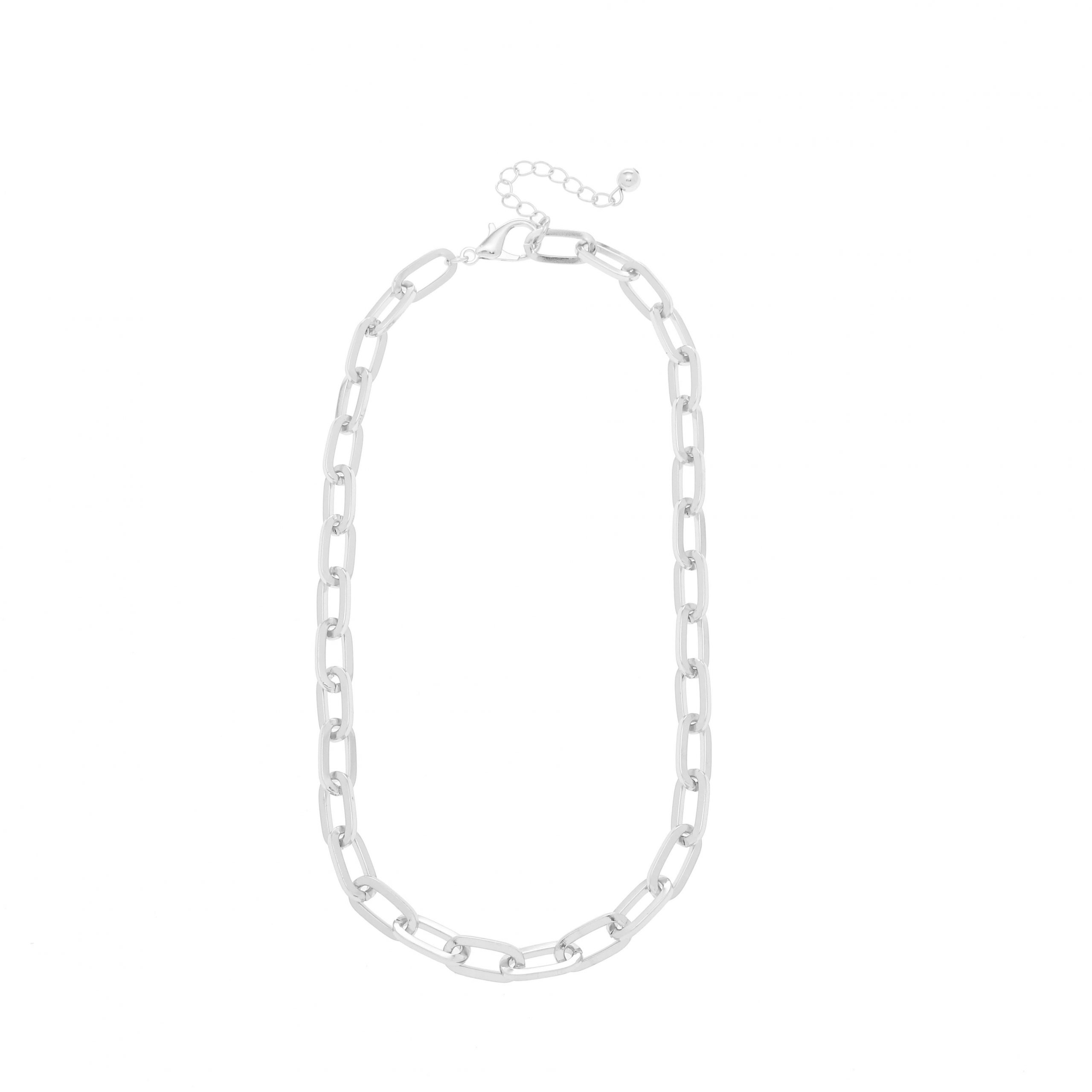
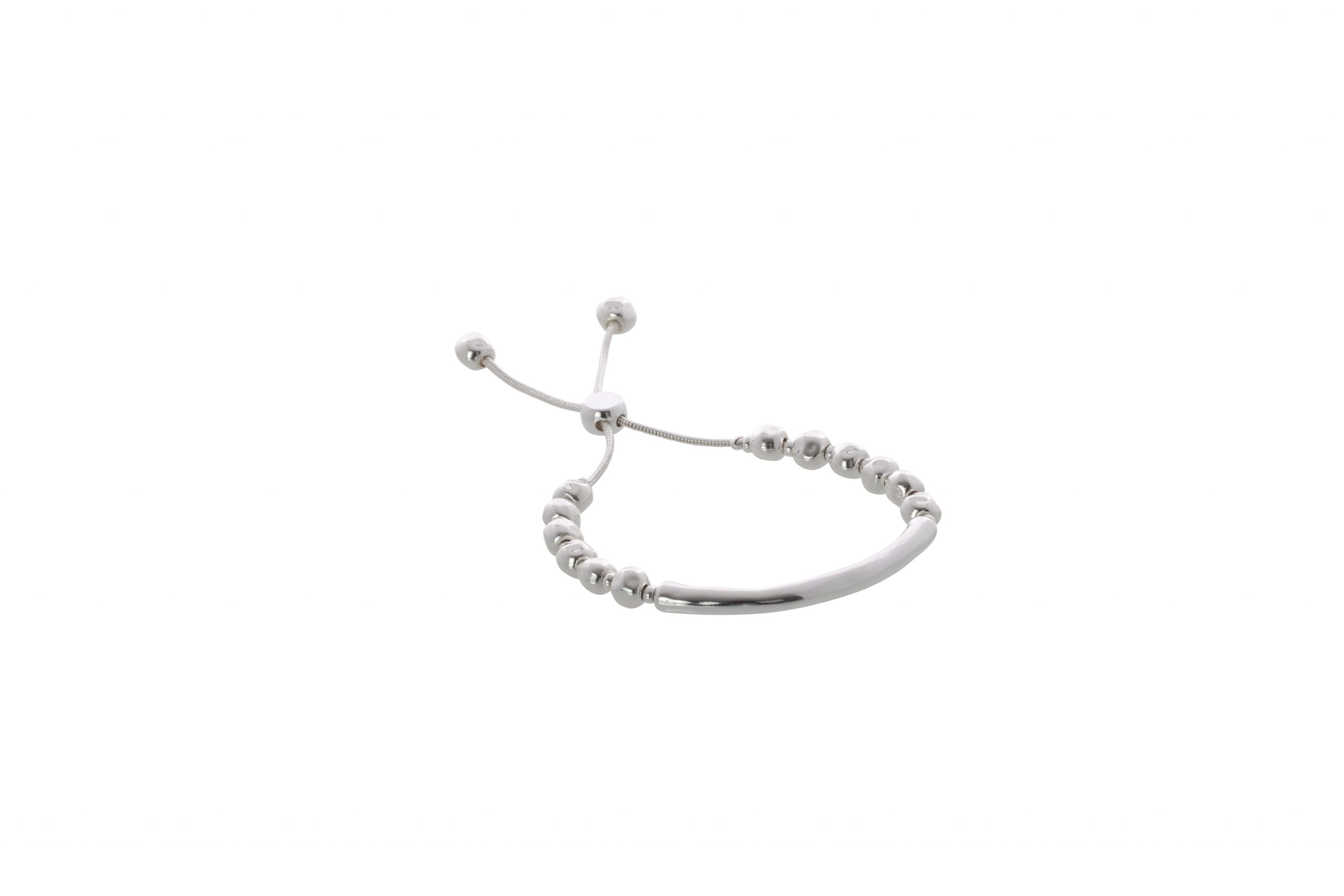

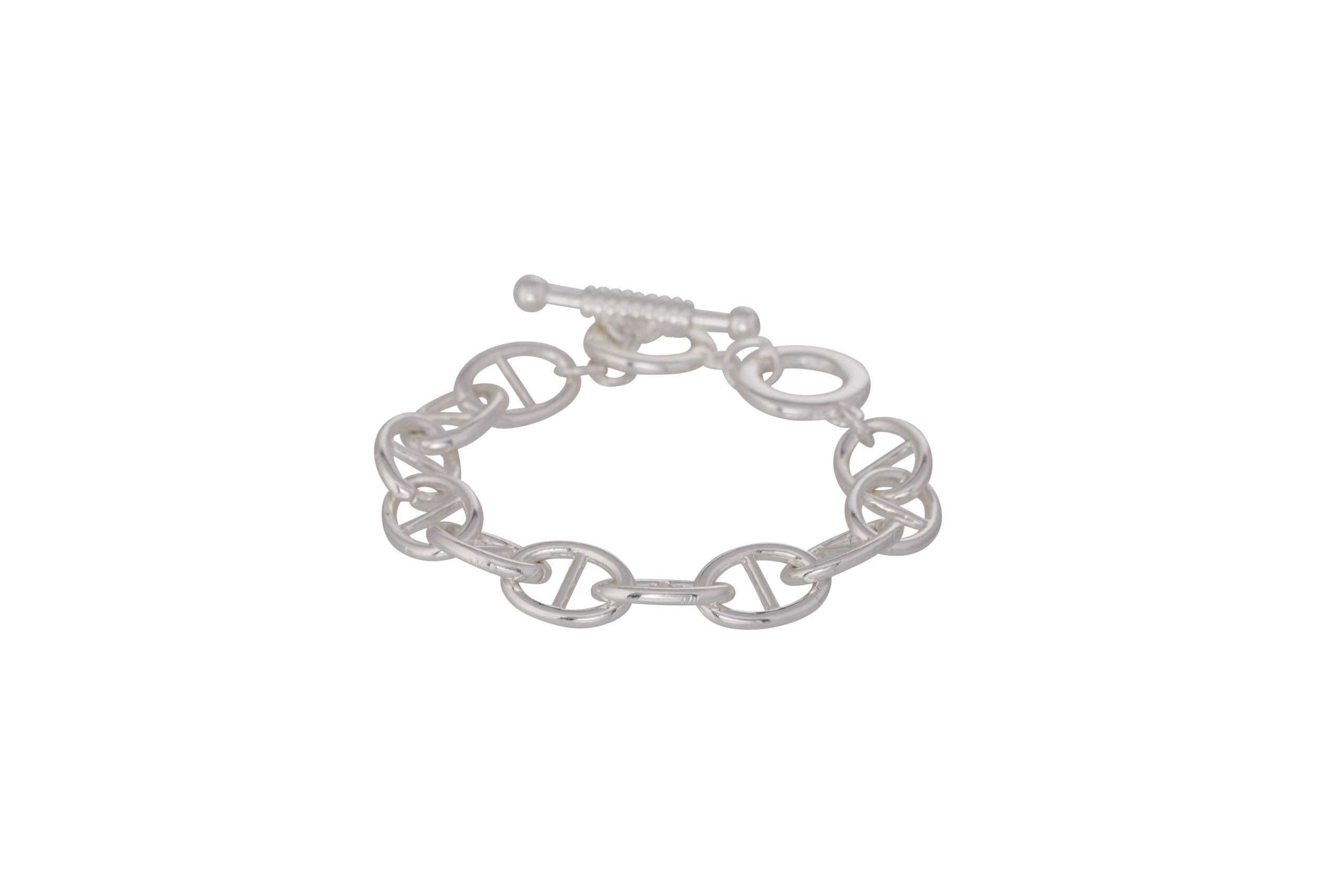
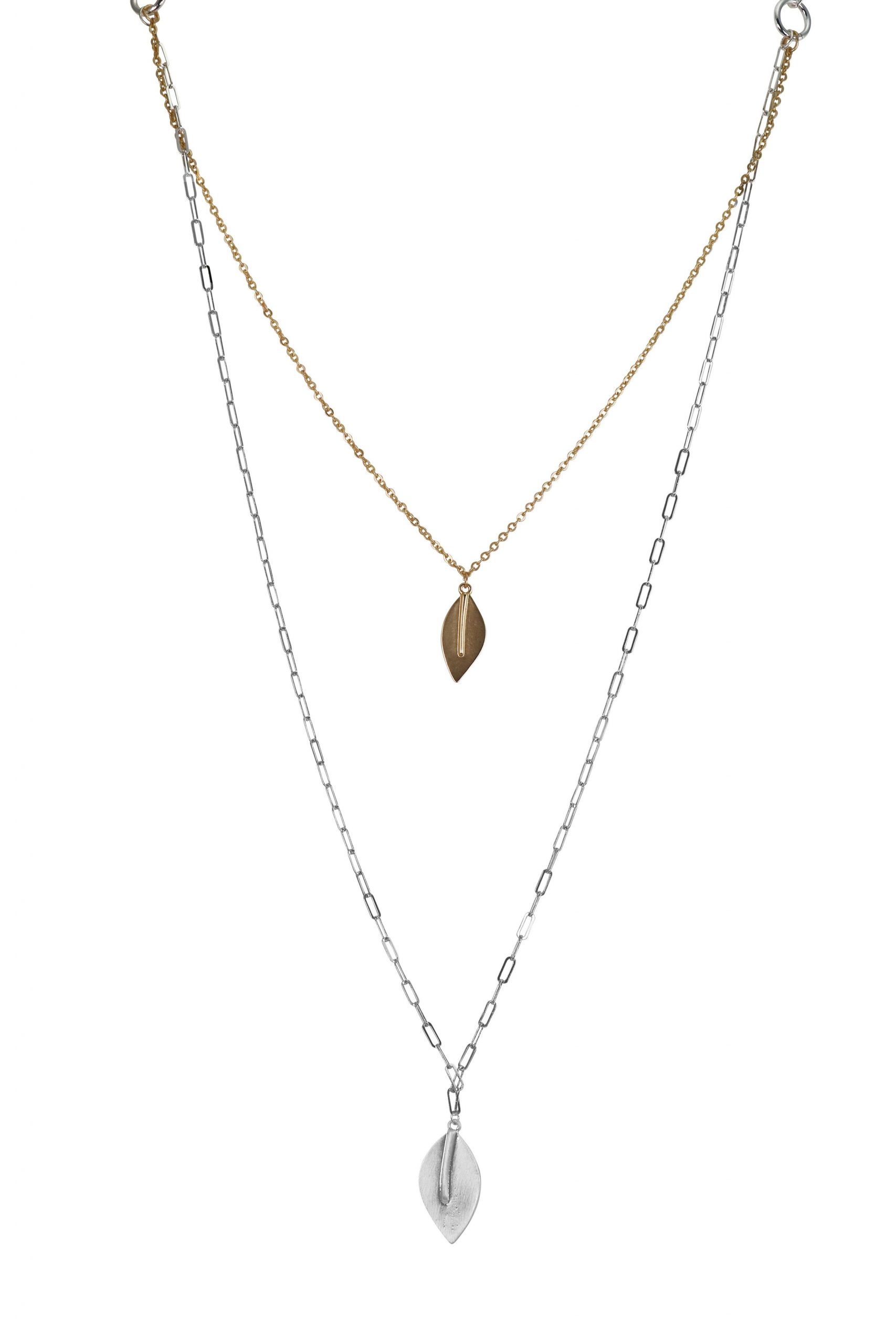
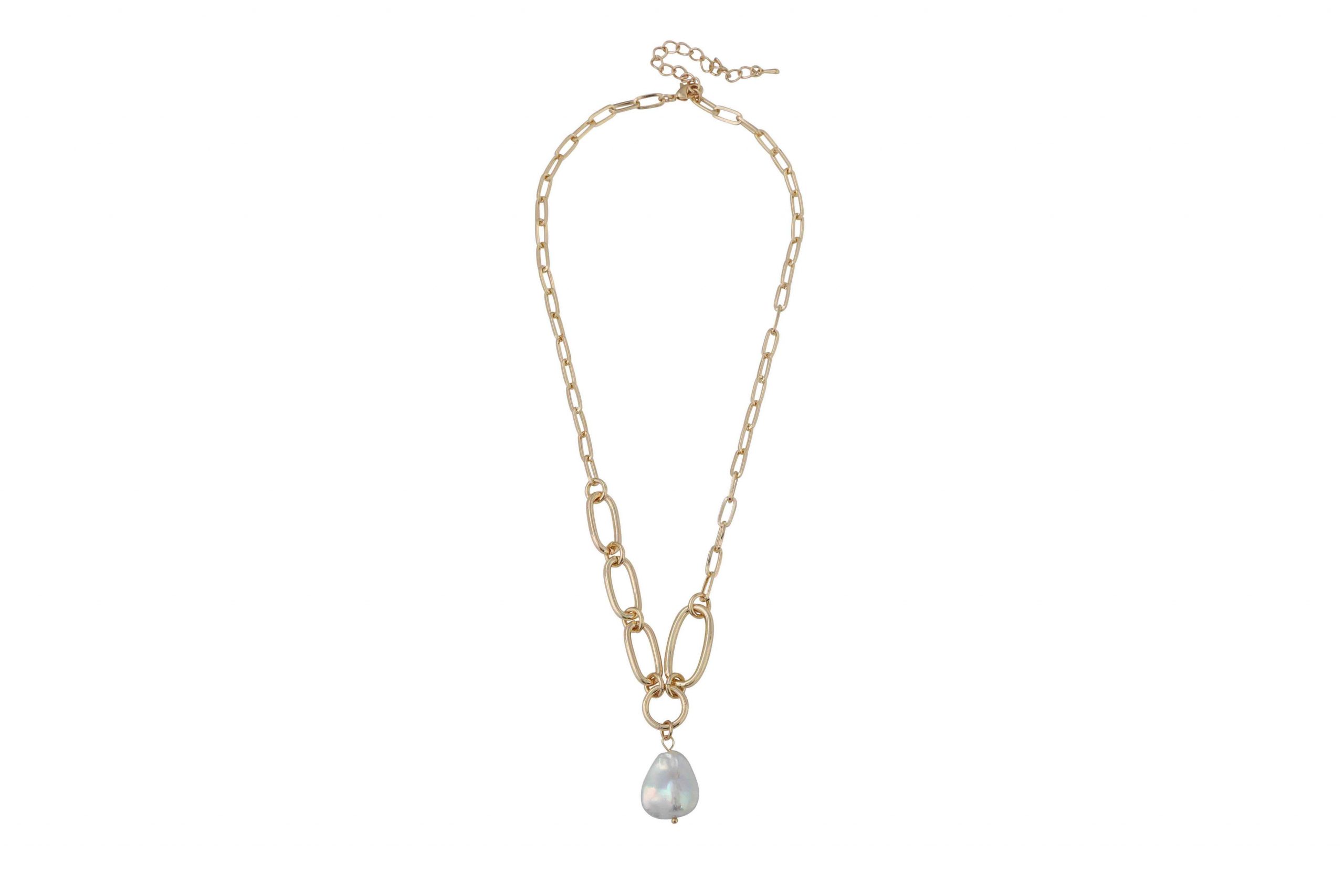



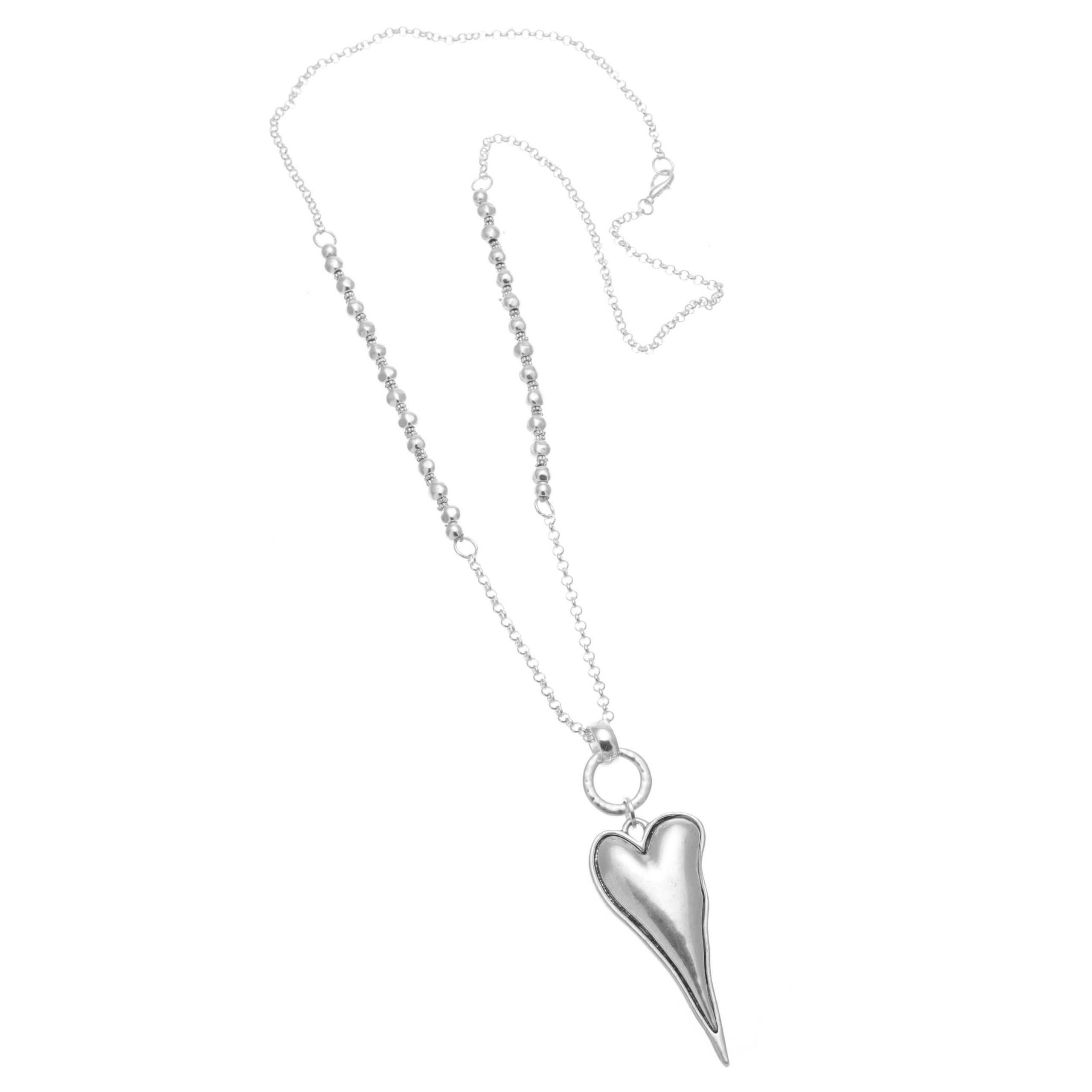
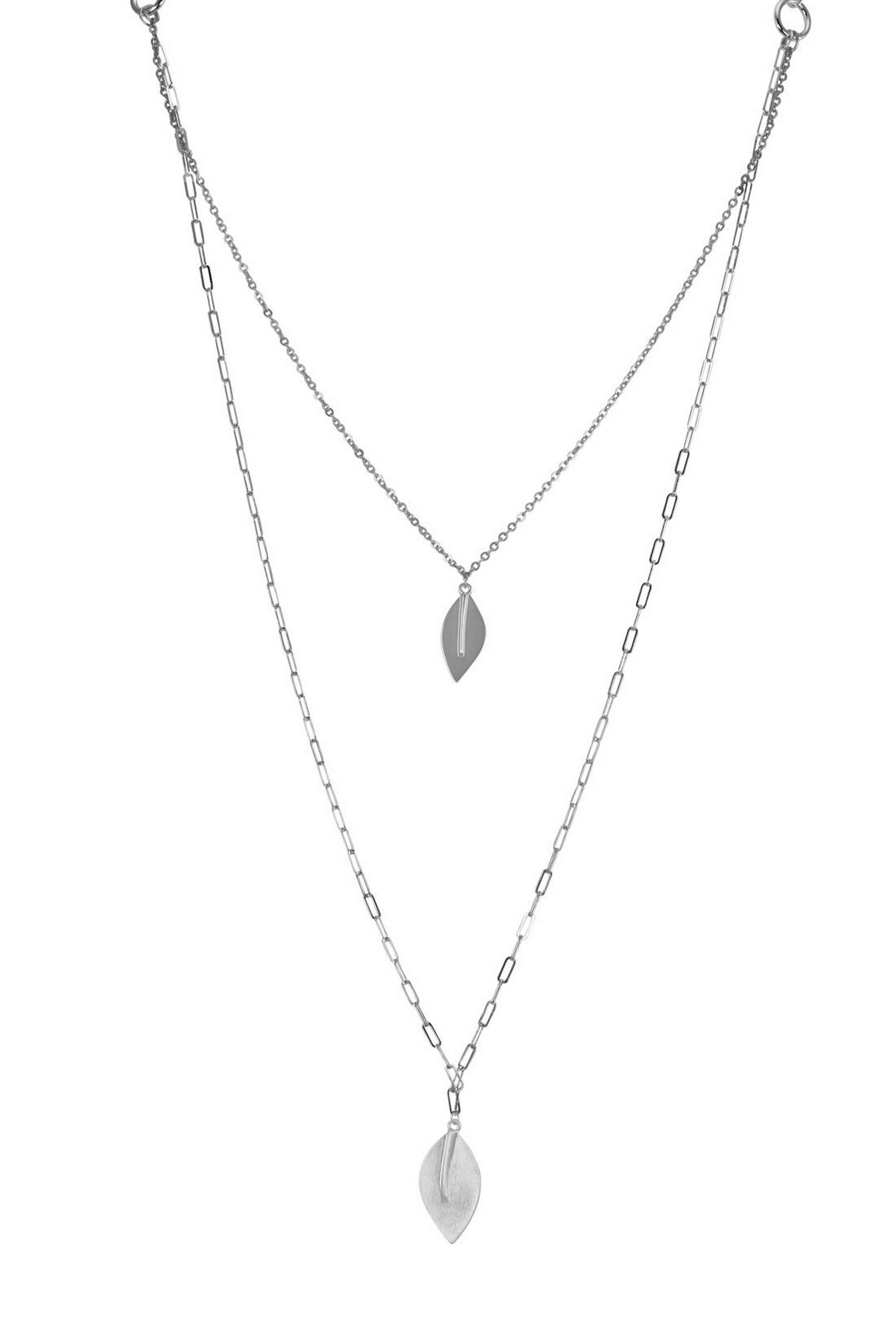





I love Drew Barrymore and how talented she is but do feel sorry for her due to her traumatic upbringing and her early exposure in the film industry. This post shares lots of eye opening details about her
Parental estrangement do have negative effects on a person. This can lead to difficulties forming healthy connections in life.
Parental estrangement is hard to take for any child. Thanks a lot for sharing the story of Drew Barrymore. So much to learn.